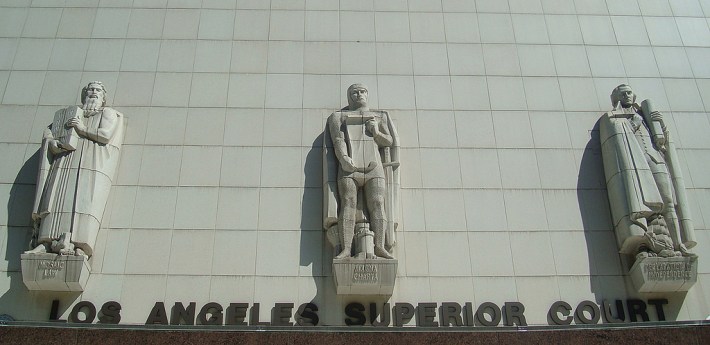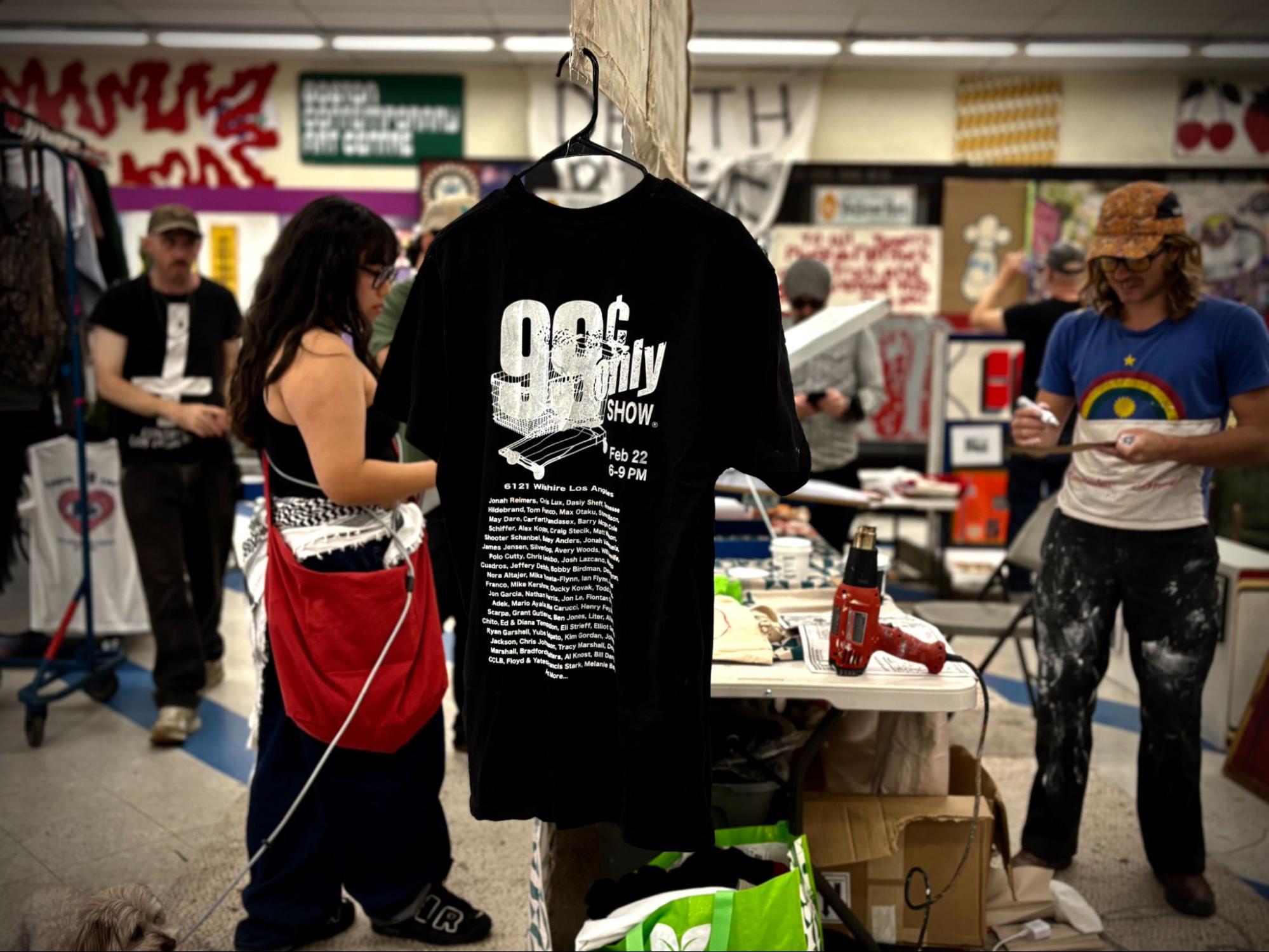[dropcap size=big]C[/dropcap]alifornia judges and math — not how much bail you can afford — will now make the ultimate decision as to whether a defendant must remain in custody prior to trial. The state last month became the first in the nation to eliminate the cash bail system, striking a death-knell blow to a $2 billion industry.
The new bill, which goes into effect in October of next year, would put the onus on judges or a mathematical algorithm to decide who gets released and any supervision stipulations. Under California’s current law, defendants buy their bail through a bondsman or put up cash. Often this means wealthier people can afford to post bail and poor people must either borrow or put up collateral in order to avoid sitting in a cell while awaiting trial.
Bail is currently set according to a schedule, which corresponds to the charge and the defendant’s history. The new law would replace this with an algorithm being called “Pretrial Assessment Services” that decides a defendant's risk level.
Those shown to be low to medium risk would be sent home without even seeing a judge, with some supervision conditions. Meanwhile, those deemed a high-risk are detained until a bail hearing. The judge considers the offender's rap sheet and history of adhering to court appearances.

[dropcap size=big]S[/dropcap]upporters of the new law believe that it combats racial and economic discrimination, and makes the pre-trial period smoother.
Nonetheless, critics — including the ACLU — say the law simply replaces the old system with another unequal system, where powerful judges can use it as a tool to detain people for prolonged periods in cases where a trial might not result in conviction or harsh enough sentencing. They also say the algorithm is an inhumane way of assessing a person’s criminal liability.
In an L.A. Times op-ed, human rights advocates John Raphling and Pete White gave a powerful argument:
“The risk assessment tools purport to estimate the likelihood of a person getting re-arrested, or missing a court date. They draw on facts about that person — without considering context — to create a profile. Exactly what facts the tools take into account isn’t defined in the new law, but presumably they will include arrest records. The tools produce a score based on the past behavior of others with matching profiles.”
There are also concerns that some of the same issues with the retiring bail system will transfer to the new one. Detained defendants may feel pressure to just plead guilty because of financial reasons, or to avoid the long wait for a trail.
RELATED: Major Shift on Police: Cops Will Have to Release Body Camera Footage and Records on Bad Behavior






